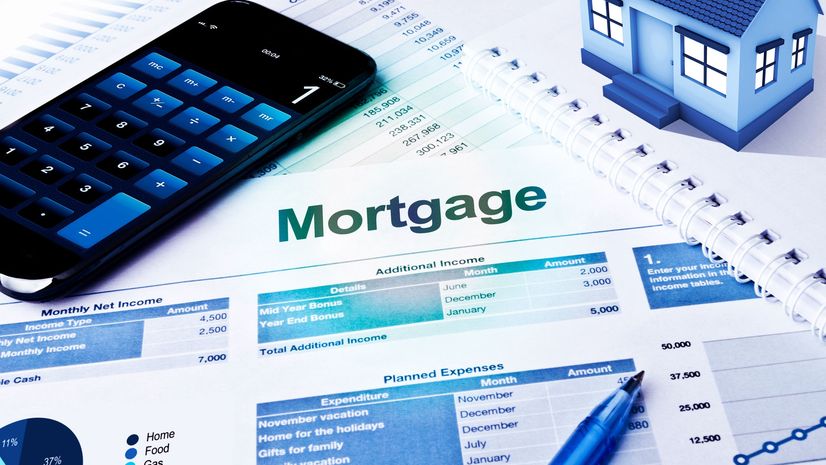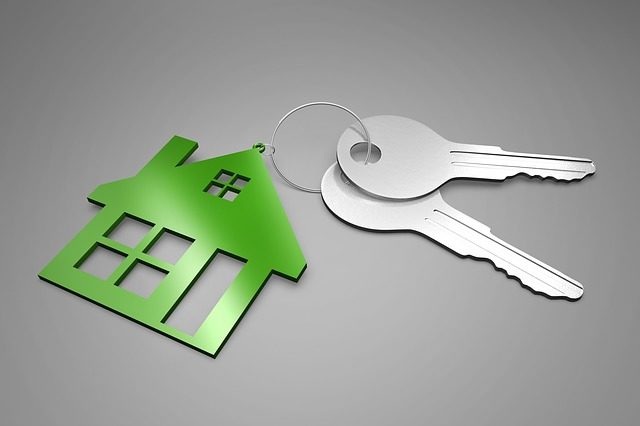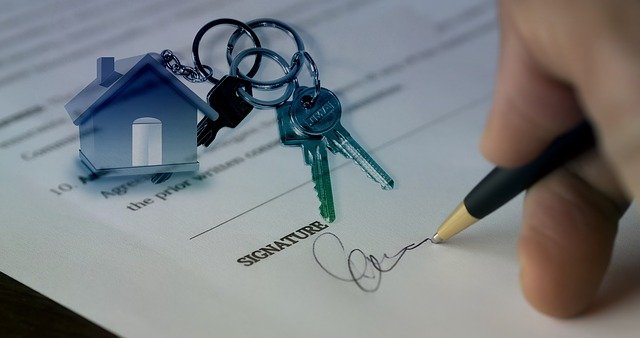Mortgage Vs. Mortgage Note | What is The Difference?
A mortgage is a type of loan you can use to buy or refinance a home. Mortgages are also referred to as “mortgage loans.” Mortgages are a way to buy a home without having all the cash upfront. The mortgage note, on the other hand, is exactly what it sounds like — the borrower’s written, signed promise to repay the loan.
The Mortgage
A mortgage, or mortgage loan, is a loan that allows a borrower to finance a home. You may also hear about a mortgage called a home loan. These terms all mean the same thing. A mortgage is a loan secured by property that is used as collateral, which the lender can seize if the borrower defaults on the loan.
The Mortgage Note
Mortgage notes, also known as promissory notes, are written agreements in which one party promises to pay another party a certain amount of money at a later date in time. Banks and borrowers typically agree to these notes during the mortgage process. When a borrower takes out a loan, promissory notes legally bind them to repay it.
Its Difference
The main difference between a mortgage note and a mortgage is that a mortgage note is the written agreement containing the details of the mortgage loan, whereas a mortgage is a loan that is secured by real property. A mortgage note is often referred to as a promissory note and is the document generated and signed at closing.
Homebuyers usually think of the mortgage or deed of trust as the contract they’re signing with the lender to borrow money to buy a house. But the promissory note, also known as the mortgage note, is the document that contains the promise to repay the amount borrowed. The purpose of the mortgage or deed of trust is to provide security for the loan that’s evidenced by a promissory note.






